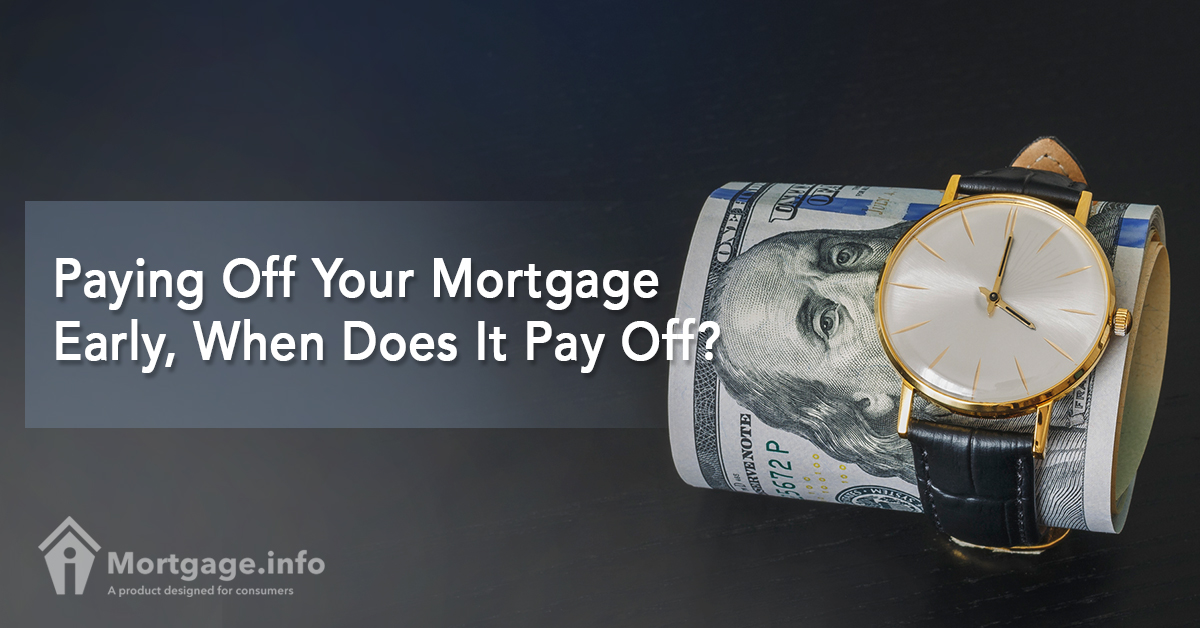Prepayment penalties aside, paying off your mortgage early is like freeing yourself of three decades’ worth of debt. It’s a challenge that is worth taking if it pays off. But with no mortgage borrowers alike, personal circumstances unique and ever-changing, are there instances when it’s better to hold off on the mortgage prepayments? In this article, let’s look into what considerations to make when paying down your mortgage early.
»Are you a first-time homebuyer?»
First off, what is prepayment?
It is when you expedite the mortgage repayment process. You aggressively pay down the principal by making extra payments, called prepayments, every month, in order to reduce your interest costs and pay off your loan as soon as practicable. One way to cut down your amortization schedule is to refinance to a shorter-term loan, say a 15-year fixed mortgage.
Peace of Mind vs Life as We Know It
Nothing beats the feeling of having one kind of debt ticked off your to-pay list. The perks include savings, getting rid of private mortgage insurance, and living life one major debt less.
But, what if you run into an emergency? Lose your job or see your income reduced? Or a few years shy of retirement? Would you have enough to shell out for any of these events? Consider which is better: putting all your money in the mortgage basket now or setting them aside for the future, e.g. a retirement scheme, an investment vehicle, or an emergency fund.
Takeaway: If you get security out of paying down an important debt and you have enough cash flow to take care of other expenses, go ahead. And if you have bonuses or commissions, send them in as extra mortgage payments. These are often considered extra income, something that wouldn’t be missed.
»Or are you keen on paying off your mortgage debt?»
Pay Off or Invest
There is an opportunity cost involving your money’s worth now.
Sure, you can send them over to your mortgage company as prepayments. Some experts argue that the value of these prepayments remains the way it is. But if you invest it in the stock market, you’d see it grow and even realize returns, triple or double.
Takeaway: Each option has its own risks. A house is seen as a reliable investment because its biggest return is the savings realized from not paying extra interest costs. However, it is an illiquid asset that is subject to depreciation and price fluctuations. Stock markets don’t offer guarantees, either. While there’s a likelihood you’d win bigger returns depending on the kind of holdings you have, there is also a possibility that your investments would underperform or go bust.
Tax Breaks or Interest Savings
When you pay off your mortgage early, you are effectively paying less in interest. This way you’d lose the benefit of tax deductions that come with interest payments. Tax breaks can be a good incentive to keep making the scheduled mortgage payments.
The caveat, tax breaks are only applicable to people belonging in the high-income tax bracket.
Takeaway: If you are a high-income earner, it would make sense to take advantage of tax deductions. But if you earning average, the money you save from not paying interest often outweighs the deductions you get, as applicable.
Present vs Future
Factors such as age often make a difference in a homeowner’s desire to pay off or not his/her mortgage. Some younger homeowners prefer to invest more, taking advantage of the many years ahead of them to work and pay their debts. Those nearing retirement would think twice and would be happy to pay off their mortgage the soonest so they can retire mortgage debt-free.
As you might have gathered, there’s no definite answer to the question posed. Instead, we’d be leaving you with two more questions framed by a financial planner to help you answer the first question:
- Are there far more important things than paying down your mortgage debt early?
- Between paying off your mortgage and investing, which gives me a higher return?

